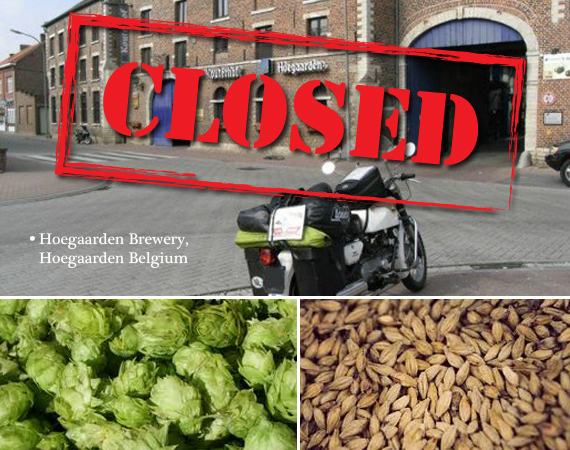 As some know, InBev bought Anheuser-Busch in 2008. These details don’t necessarily matter when you’re picking up a 6-pack of your favorite beer, but when it starts affecting the quality of your product… people start noticing.
As some know, InBev bought Anheuser-Busch in 2008. These details don’t necessarily matter when you’re picking up a 6-pack of your favorite beer, but when it starts affecting the quality of your product… people start noticing.
The cold hard facts:
• Beck’s used to come straight from Bremen, Germany, but it is now brewed in St. Louis – consumers have noticed a difference in taste, and we’re still paying the higher price for imports. (Watch out, other brands may have been moved as well.)
• The alcohol content of popular beers such as Budweiser, Stella Artois and Beck’s have been reduced from 5 percent to 4.8 percent. This may seem small, but your buzz is being affected.
• There is a difference in grains – InBev does not have a problem using broken grains, where old Anheuser-Busch only used whole grains.
• Original packaging has been replaced with smaller labels and thinner glass (to cut costs.)
• Not long after the merger, many breweries were closed including a 227-year-old brewery in Manchester, U.K. and a brewery in the Belgian Village of Hoegaarden. Clearly there is limited regard to tradition.
• Approximately 1,400 people have been laid off since the merger, probably a result of brewery closings.
AB InBev has responded to accusations (namely from Businessweek), by denying any changes in the recipe (for Budweiser or Beck’s), and saying that they’ve made no changes to the hops used for Beck’s. On the other hand, consumers have noticed a difference in taste across many of InBev’s brands, so clearly something is different. We have heard from both sides, but we want to know what our readers think – have you noticed a difference in your favorite AB InBev beers over the last 4 years?


Very interesting article! I don’t drink any of these beers but it has opened my eyes and I’ll make sure to pay more attention to the specifics of my favorite brews.
As for the difference in taste, it could very well come from the change in water. If their water supply has changed (From Bremen to St. Louis) there is a good chance the flavor has changed, even if it is as subtle as it can get.
I’d be very disappointed if one of my favorite beers changed a detail that affected the taste or quality.